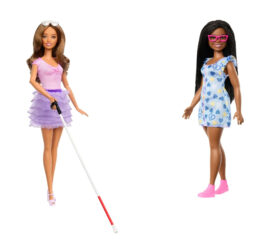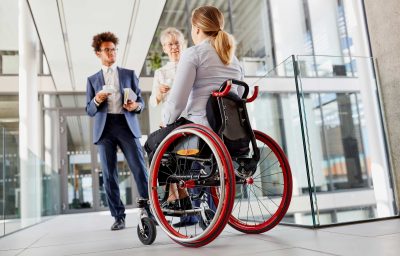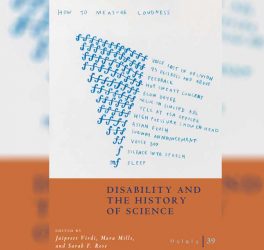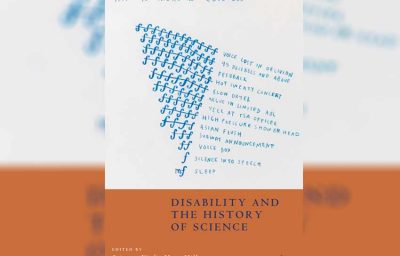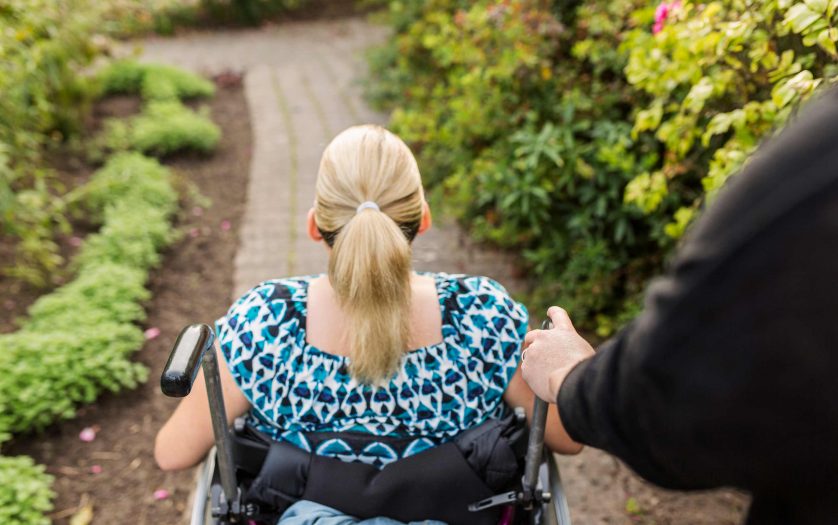
The Royal Commission has published a commissioned research report written by researchers at the University of New South Wales and National Ethnic Disability Alliance (NDEA) titled “Towards best-practice access to services for culturally and linguistically diverse people with disability”.
The research set out to understand the characteristics of good practice to increase access to systems and services for people with disability from culturally and linguistically diverse communities.
The report finds many governments, businesses, not-for profit organisations and community organisations have policies or programs that support the inclusion of people with disability and people from culturally and linguistically diverse* backgrounds. However, these policies or programs are often not integrated with each other or with other initiatives.
It finds the policies or programs are often not properly implemented or adequately monitored or evaluated.
In order for services to be accessible for people with disability from culturally and linguistically diverse backgrounds the report identifies ‘good practice’ should occur at three levels:
- systemic level – for example, the Australian Government should provide information in different languages
- organisational level – for example, organisations should have people with disability from culturally and linguistically diverse backgrounds on boards and employ people from diverse backgrounds.
- individual level – for example, staff working to service these people’s needs should learn how to work with interpreters and with people from different backgrounds.
According to the report ‘good practice’ in the provision of services involves three key elements:
- an understanding of and engagement with intersecting experiences of people with disability from culturally and linguistically diverse backgrounds.
- involvement of people with disability from culturally and linguistically diverse backgrounds at all stages of developing, implementing and managing services.
- continuous monitoring and improvement to adjust systems so they can respond to the needs of people with disability from culturally and linguistically diverse backgrounds.
The report states that an organisational commitment to implementing good practice across systems and services has the potential to increase access to services and ensure the safety of people with disability from culturally and linguistically diverse backgrounds.

